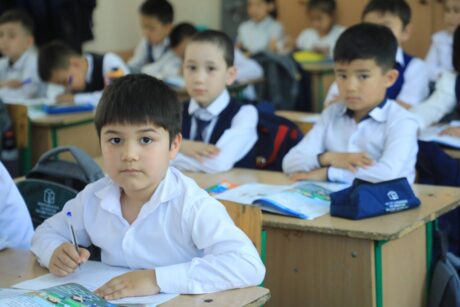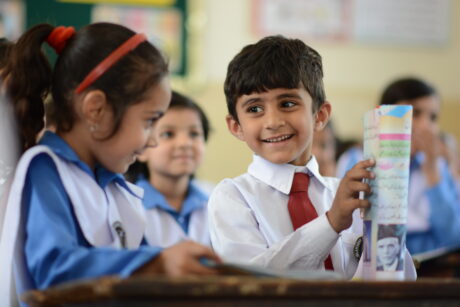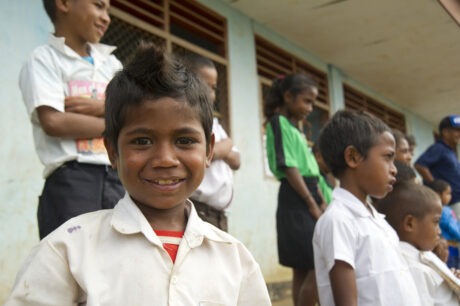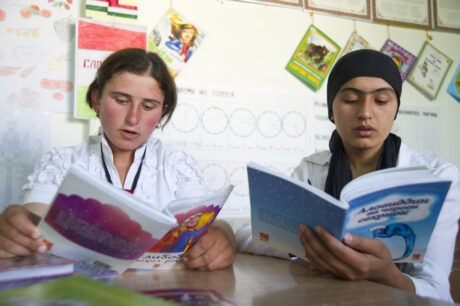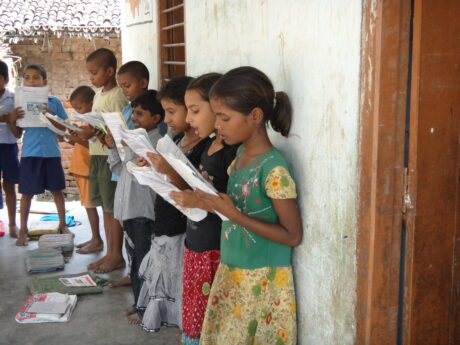Asia
With impressive economic growth rates and increased influence in the global economy, Asia’s human capital is one of its greatest assets. Active in Asia since the early 1990s, Creative has worked with local partners to introduce evidence-based solutions that recognize that sustained development and prosperity across the diverse region require equitable and quality education systems and greater access to economic opportunities.
From Uzbekistan to Cambodia and India to Timor-Leste, Creative has supported successful efforts to improve classroom curriculums, elevate teacher training, promote access to education and stem school dropout. Creative is a leader in education assessment, supporting governments to identify challenges and design sustainable and systemic solutions.
Recognizing the importance of skill-based education and livelihoods, Creative has also assessed technical and vocational education and training needs and worked with marginalized communities to boost entrepreneurship and connections to larger value chains to grow incomes.
- Active Programs
- Closed Programs

